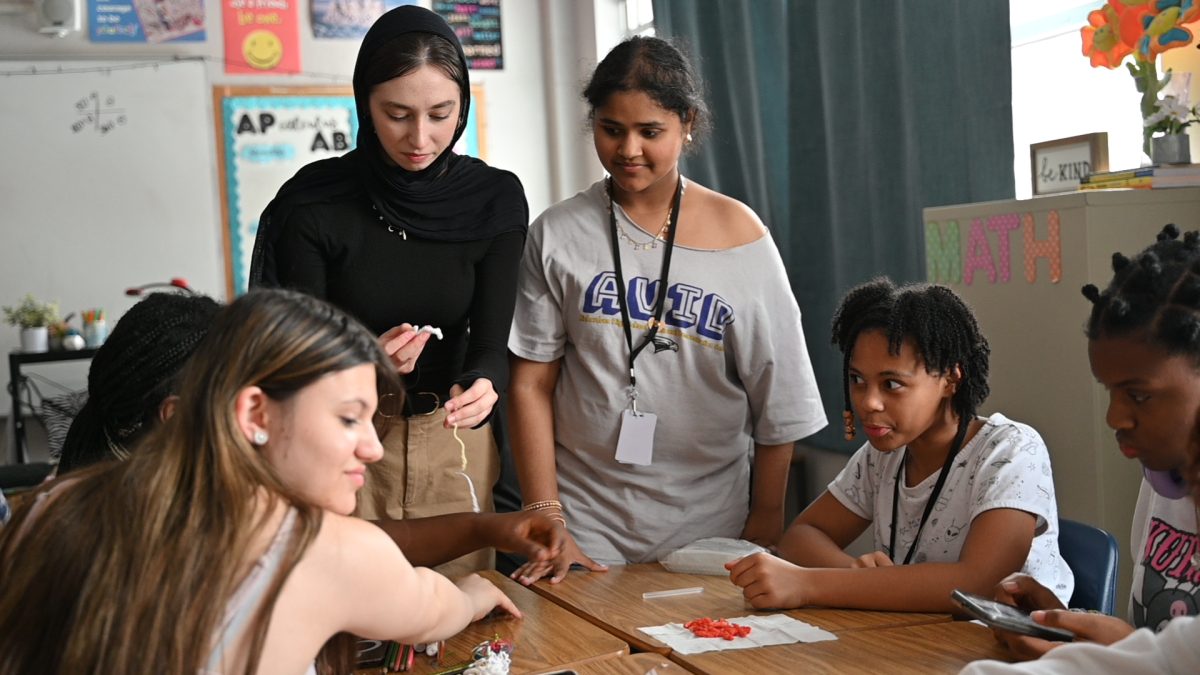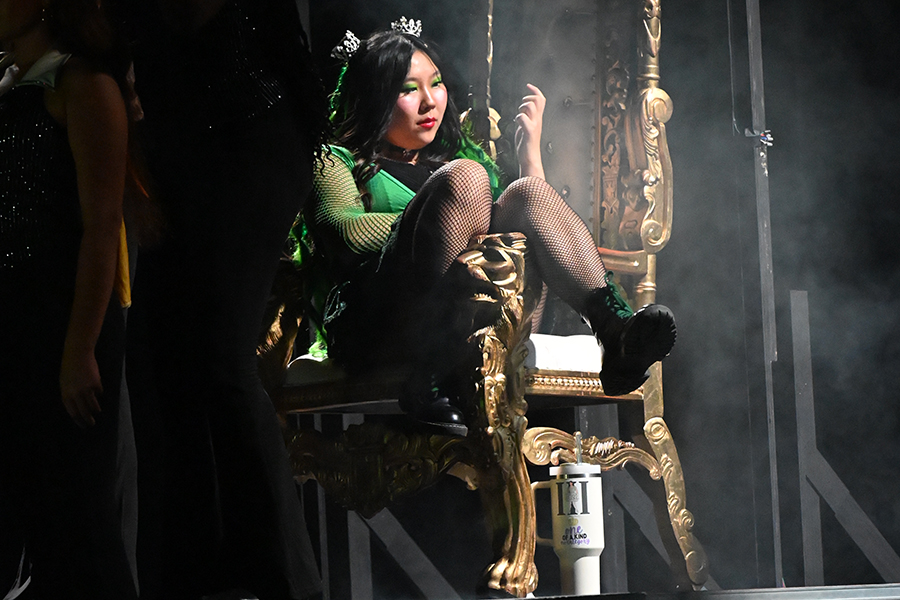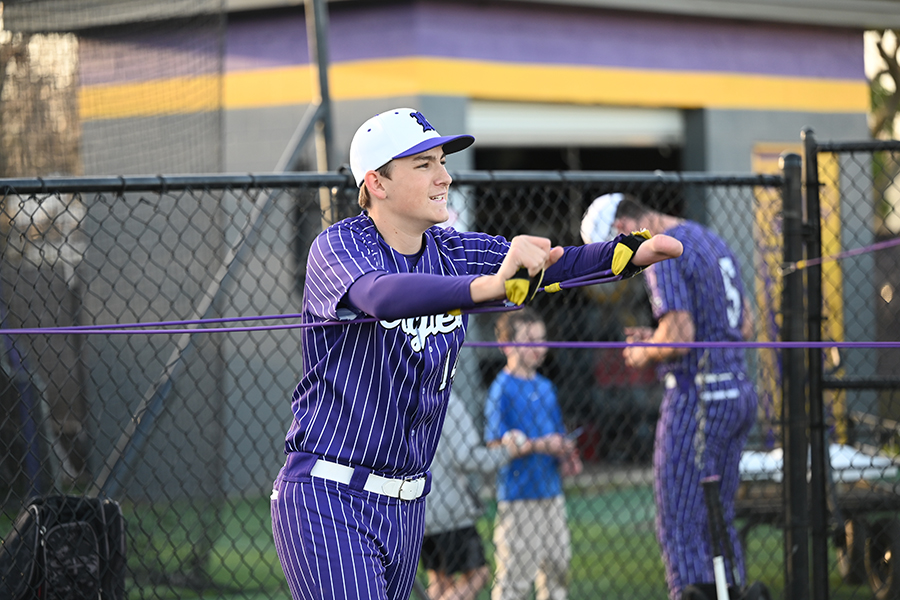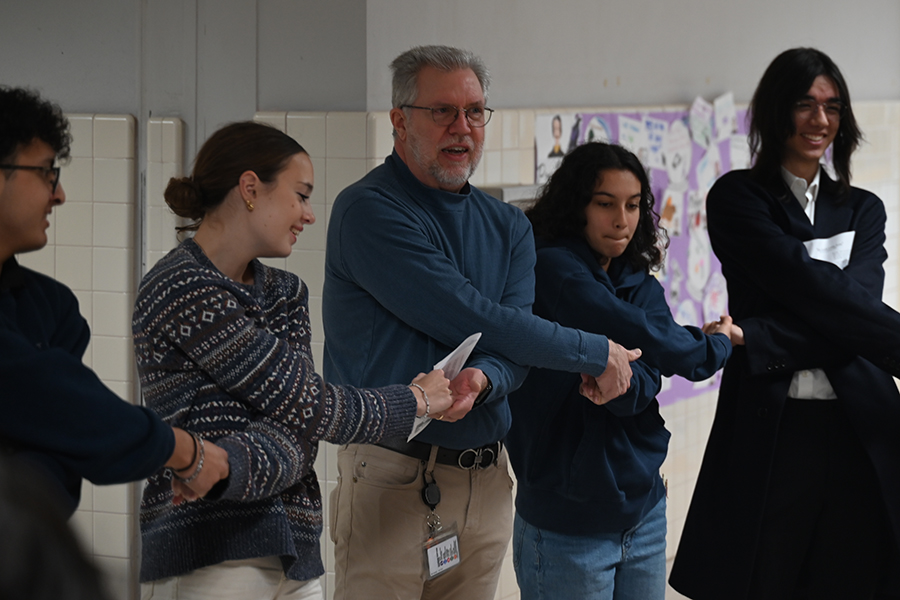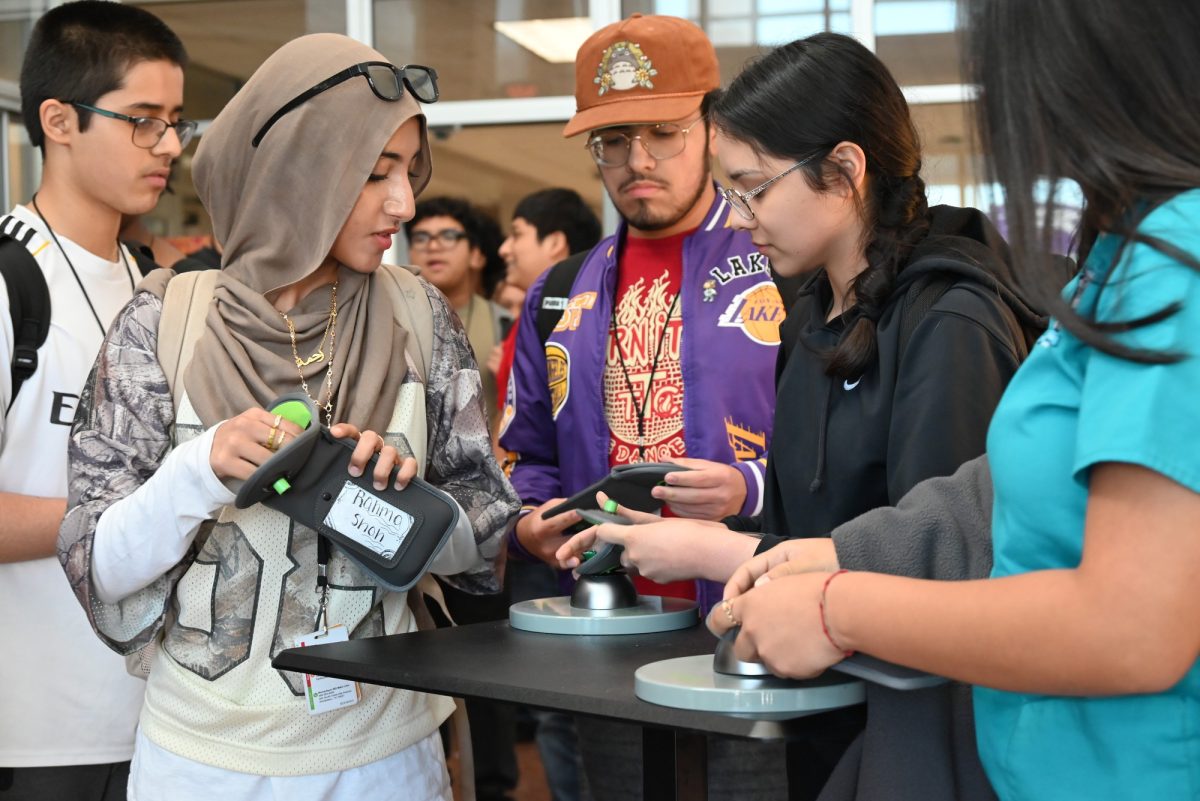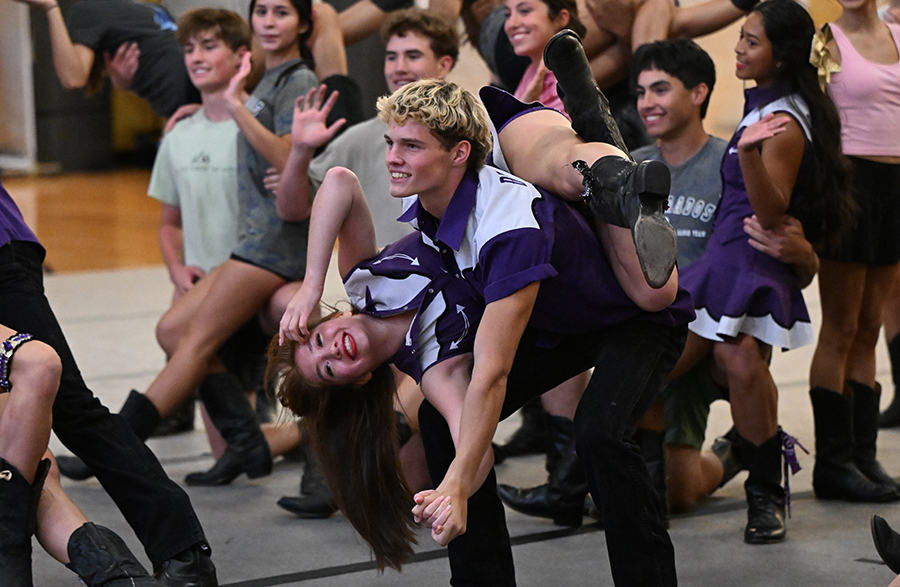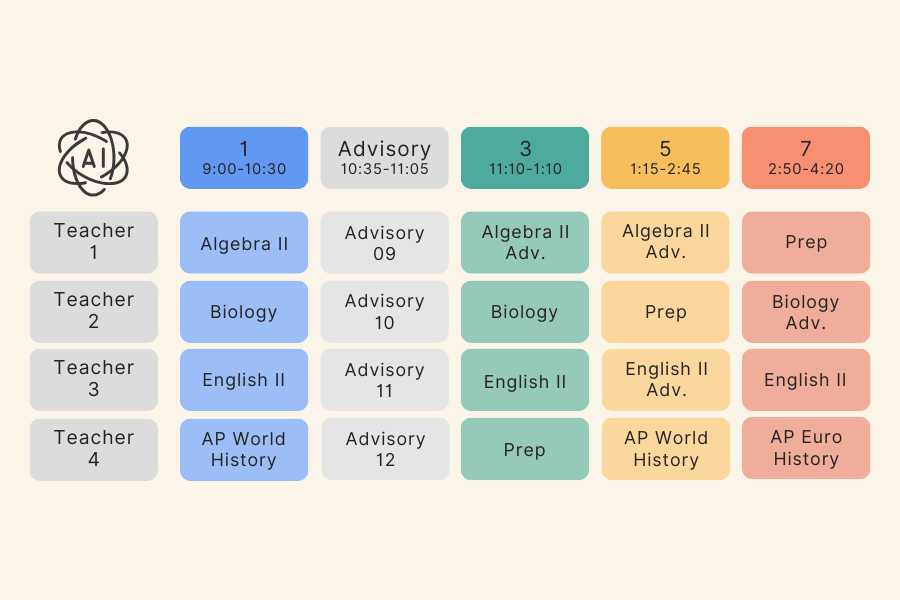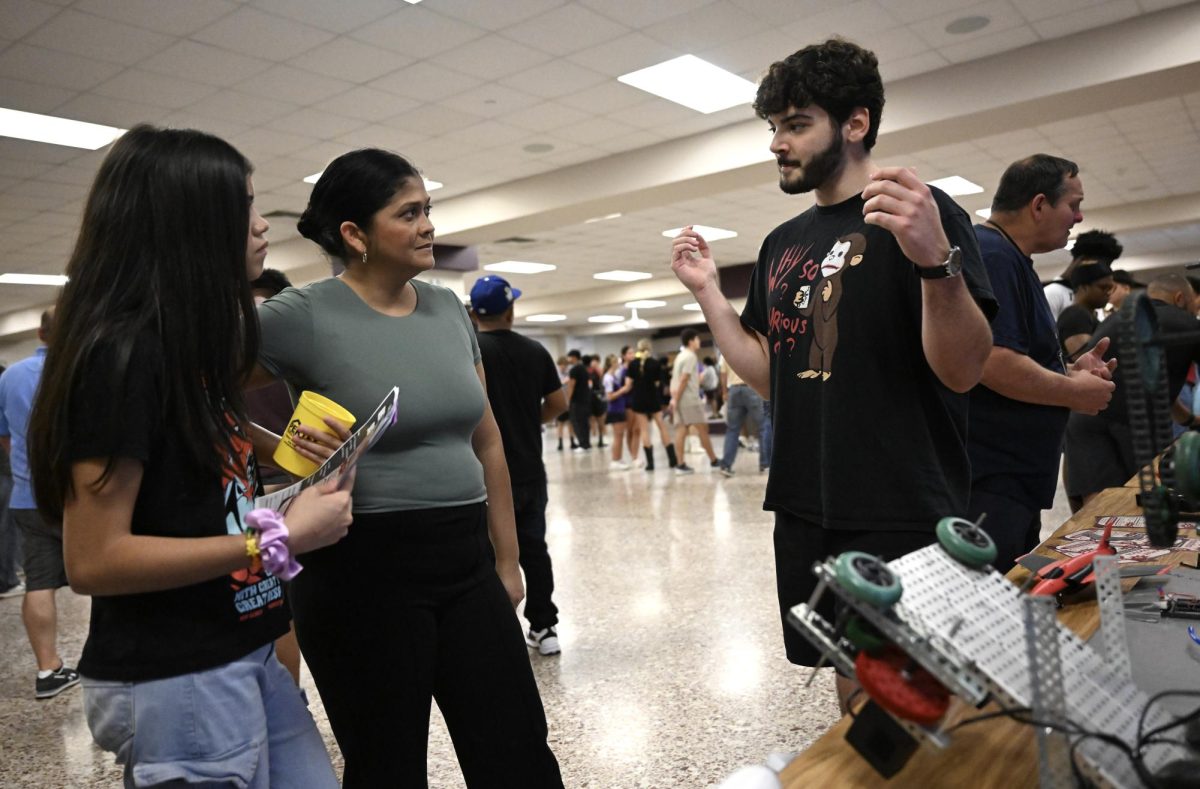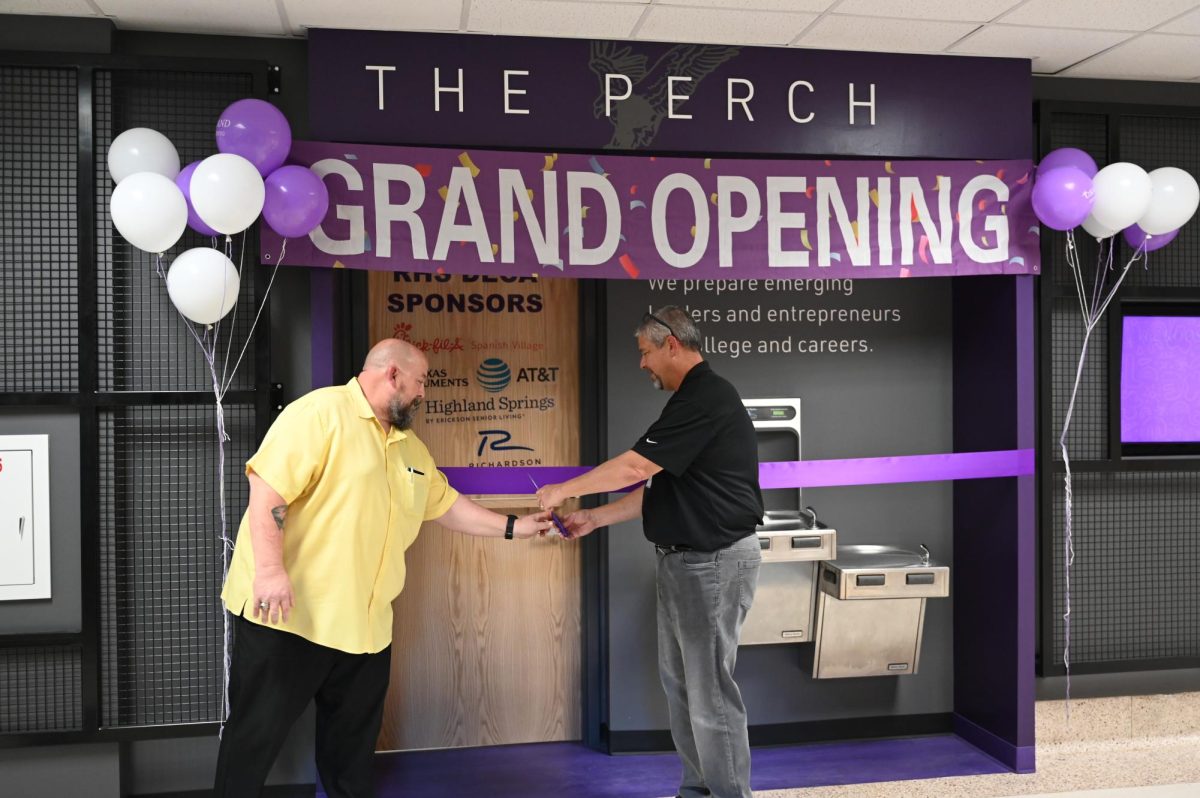Propped up on his hospital bed, Luke Childs was building with his Legos while listening intently to his mother, Beth Childs, as she was reading his favorite scary book series, ‘Goosebumps’.
“Through his entire diagnosis, treatment, transplant, and relapse, he was never worried about the outcome,” Beth said. “He laughed easily and found joy in the darkest moments.”
In honor of the passing of Luke Childs after a year-long battle with Acute Myeloid Leukemia, the health science magnet held its first blood drive of the year in honor of Luke.
“I think that it would help give some human connection and feelings to kids who might not understand the importance of giving blood,” Beth said. “It kind of humanizes what it means to give blood and then just to honor Luke because he didn’t deserve cancer and he didn’t deserve to die, but he was really brave through it also.”
The health science magnet director and teacher, Melisa Thurman, followed Beth’s story and asked her if they could organize the blood drive in honor of Luke.
“Just one donation has the potential to save up to three lives because they can use the platelets in it, they can use the plasma, they can also use the whole blood,” Thurman said. “After Luke stopped chemo, the blood transfusions actually gave him the energy and the ability to experience being a normal kid.”
Before Luke was officially diagnosed, he had not been feeling weak for a couple of months, which Beth assumed was something related to COVID since he had it earlier.
“I’m a pretty big optimist, so when they said it could be cancer, I lost my mind because that’s like the worst thing that I could imagine because even if it’s like treatable cancer, chemo is poisoning like, it’s poisoning your body,” Beth said. “And I never thought he would die, again, I’m super optimist, so I try to look at everything with hope, but the diagnosis was horrible, it was just heartbreaking.”
Despite being diagnosed with cancer, Beth said that Luke was really strong through it.
“I don’t know where he got his bravery, but he was easily the most courageous kid I have ever known, ” Beth said. “He was stronger than I was despite it was the worst-case scenario.”
His treatment and chemo ruined his blood, causing him to get blood transfusions three to four times every week for almost a year.
“If he didn’t get the blood transfusions, he wouldn’t have survived the chemo treatment,” Beth said. “Anytime someone bleeds a lot, you lose energy, so his skin would turn kind of blue.”
During COVID, getting blood transfusions was a lot harder as there was a blood shortage in the country.
“Sometimes we’d have to wait a little bit for the blood and that was really hard because I was worried, is it going to get any, are we going to have to sleep our way through it?” Beth said. “It was worrisome that he couldn’t get it when he needed it. It was so important that he got it for him to be somewhat of a normal little boy in the hospital.”
Through the ‘Be a Match’ system, Luke received a bone marrow transplant from a young girl from Finland.
“During that time, that’s the hardest part of the whole treatment,” Beth said. “Like, all the chemo is pretty bad, but it’s super intensive chemo, so he literally got blood and platelets every day so he could survive the transplant.”
After being given the transplant, Luke went into remission from his cancer soon after.
“The transplant seemed like it was working,” Beth said. “But we knew that there was a good chance it wasn’t going to work, but you always have to try.”
One hundred days after the transplant, Luke relapsed.
“When Luke relapsed and I knew the likelihood of him surviving was very low, I was crying, and he asked me, ‘What’s wrong, mom?’,” Beth said. “I told him the cancer is back and I am so sad, and he said very nonchalantly, ‘That’s fine, we’re just going to fight it.'”
After going through his last round of chemo and wasn’t responding, Child’s family took Luke home on hospice.
“He was not concerned about what would happen next with his sickness,” Beth said. “Instead, he was finding and accumulating more gemstones for his collection or picking the next cool Lego to build.”
In the last few weeks of his life, Luke’s cancer was coming back, causing him not to have much energy left.
“He started feeling really bad so we just kind of hung out with him at home and watch movies with him,” Beth said. “He was on morphine so he wouldn’t feel the pain.”
During the two months, Luke went to the clinic every week to get a blood transfusion.
“Cancer would get sucked out, he would go in every week and get blood and he would feel okay for the week before starting to feel weak and tired again,” Beth said.
During the two years Luke had cancer, blood transfusions provided through blood drives helped him stay with his family longer than he could’ve without them.
“His six years of life were remarkable; I have never met a braver, more joyful child, ” Beth said. “I am a better human for knowing and loving him for six years.”


